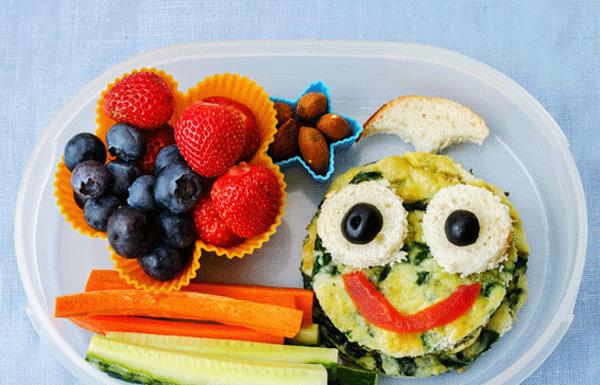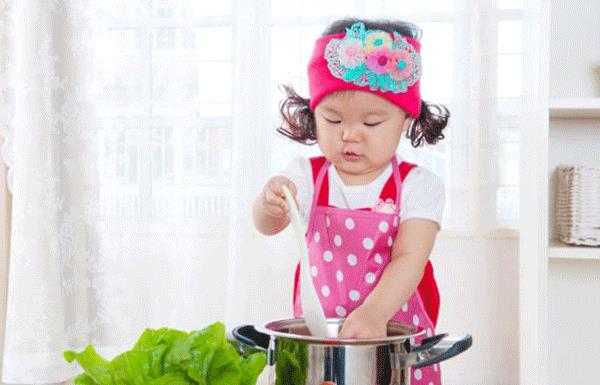Sometimes, despite trying very hard in cooking, decorating dishes or creating a comfortable psychology for the baby, the baby is still "picky about soup", eating properly. It makes parents sad!
content
Don't expect too much
Nice variation for new dishes
Give your baby a starter treat as a snack
Mix the new food with your child's favorite foods
Serve new food in small amounts
Always let your baby have a choice
Involve your baby in meal preparation
Do not force your child to eat
Keep your mealtime happy
Sit with your child
I'll worry about eating a cocoon, or feel young anorexia is common psychology of parents to raise their children by age two. At this age, your baby quickly rejects foods he dislikes, new foods, unless that's exactly what he is used to.
It is very angry when mom tries to let her try many attractive foods, for a variety of taste, but only see the baby respond by pushing the food you just placed in front of the baby.
Or maybe they just sit and stare, with a sad expression as if you are trying to "poison" him. What started out as a harmless attempt to get a healthy weaning baby became a source of best disappointment.
Here are 10 ways for your anorexia children to become more “adventurous” with new foods:
Don't expect too much
Your baby likes what he's used to, and most likely will automatically object to any changes to his or her diet. So accept that the child is a naturally cautious eater, that he doesn't want new foods. Don't expect too much and you will be disappointed.

Delicious at first sight can make children change their mind about trying new foods
Nice variation for new dishes
Your child will not eat anything new if it is too spicy, too hot or if the texture of the food is uncomfortable to swallow. A child vomits more easily than an adult. Therefore, let's start to "seduce" at first sight. Variation of dishes with attractive colors like Japanese mothers still make bento for their children.
Give your baby a starter treat as a snack
Babies are more likely to try something new if it is presented as a light snack. This new experience makes everything lighter and more engaging for children. Of course the baby is more willing to try it.
Mix the new food with your child's favorite foods
You can try introducing a new food very skillfully by mixing it with food that you know your child definitely likes. That way, your baby will become familiar with the taste of the new ingredient, without realizing what you've done.
Serve new food in small amounts
Give your baby just a little bit to get started, so it appears a very small amount compared to the favorite food on the plate.
Always let your baby have a choice
You can get a more positive response from your child if you give him some options. Of course, your child may not like one of them, but giving them some choices of what they want to eat can make them feel more excited.
Involve your baby in meal preparation
Your 2-year-old baby can learn how to prepare food with her mother. This is also a way for your baby's taste buds to add new feelings. Somehow, even if it's a very small step, let the kids join in. For example, your child can bring you ingredients from the table, or they can help you with the dishes on their plate.

Sometimes preparing a meal gets a child excited about a newer food
Do not force your child to eat
Children will not eat any new foods if forced for 2 reasons. First, you can't force your child to like new foods no matter how hard you try - they have to cooperate with a new exciting meal. Second, your threats increase your stress, thus, reducing her appetite.
Keep your mealtime happy
Enjoy a relaxed and calm approach when introducing new foods to your baby. Don't stare at all or urge your child to eat quickly. If you are stressed, your baby will feel this and soon after, he will feel the same. Try to keep the atmosphere happy during mealtimes.
Sit with your child
Children are more likely to pick up strange foods if you sit beside them while eating. Children love your presence, and talking with you distracts them from the new food on their plate.

Anorexia: Finding the root cause Anorexia in young children can be caused by a medical problem or from a psychological cause. Finding out the cause of your child's anorexia will help mothers know how to deal with this situation, helping their children grow up quickly.
After all, if your child does not have an improvement in eating, the weight does not increase compared to the required standard, see a nutritionist, he may have anorexia due to disease.














